Functions of Administrative Tribunals:
In a modern welfare state, the functions of such Administrative Tribunals are of paramount importance. They exercise quasi-judicial functions and follow quasi-judicial procedures before they are allowed to exercise the discretion conferred by the act by which they stand established. An Administrative Tribunal settles disputes between individuals and the authority. We know that legislative output in a welfare state is quite enormous. It is always a source of more litigation and more restrictions on the liberty of the people. Individual liberty is likely to be hampered if proper reconciliation between the claims of individual rights and the demands of the public good is not brought about. The Administrative Tribunals aim at affecting such reconciliation.
While analysing the functions of these tribunals, the Report of the Committee on Administrative Tribunals observed, “The administrative authority must satisfy the general body of citizens that it is proceeding with reasonable regard to the balance between public interest which it disturbs. The disputes may arise between a private individual and the state as in taxation or between an employer and an employee as in industrial disputes. Such disputes can be settled by Administrative Tribunals.
These tribunals also define the relationship between individuals and the public authority. They reconcile freedom and justice.
According to Dr Robson, “With the extension, during the 19th and 20th centuries, of the functions of government, to one new fold after another, with the progressive limitation of the rights of the individuals in the interest of health, safety and general welfare of a community as a whole, with the development of collective control over the conditions of employment and manner of living and the elementary necessities of the people, there has arisen a need for the technique of adjudication, better fitted to respond to the social requirements of the time than the elaborate and costly system of decision provided by litigation in the courts of law”.
It is on account of these functions that the Chief Administrative Court in France- the Council of State, has been considered the pallordium of Frenchmen’s liberties. In England also, such courts have proved to be of immense value.
The Administrative Tribunals Act 1985 provides for the establishment of one Central Administrative Tribunal and a State Administrative Tribunal for each state in India. Chapter III of the Administrative Tribunals Act deals with the jurisdiction, powers and authority of the tribunals. Section 14(1) of the Act vests the Central Administrative Tribunal with the power to exercise all the jurisdiction, power and authority exercised by all courts except the Supreme Court in India established under Article 136 of the Constitution. This relates to matters of recruitment and other service matters in respect of officers belonging to All India Services. No court in the country except the Supreme Court is entitled to exercise any jurisdiction in the matter of service disputes. This authority stands vested in the Administrative Tribunals. The Administrative Tribunals have also been given the authority to issue writs.
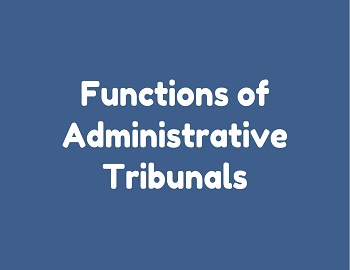
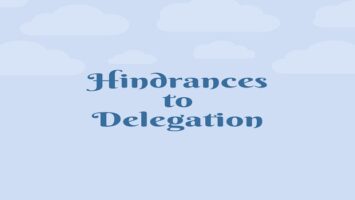

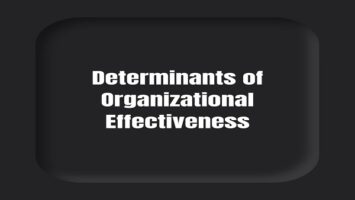

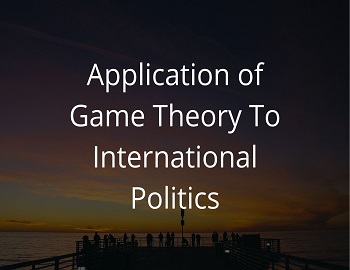
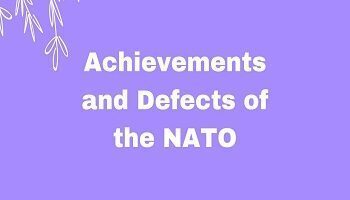

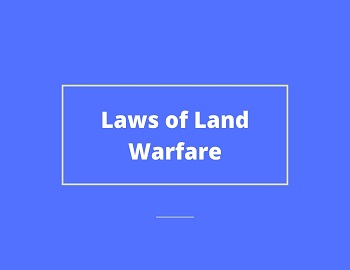
Comments (No)